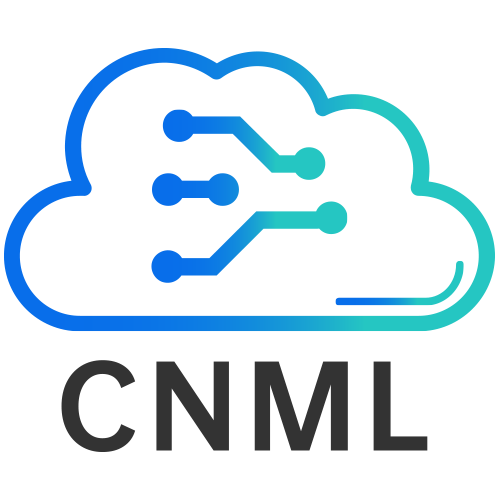
Prof. Witold Pedrycz
 | Prof. Witold Pedrycz IEEE Life Fellow, University of Alberta, Canada Editor-in-Chief of Information Sciences Editor-in-Chief of WIREs Data Mining and Knowledge Discovery (Wiley) Co-editor-in-Chief of Int. J. of Granular Computing (Springer) and J. of Data Informat |
Biography:
Witold Pedrycz (IEEE Life Fellow) is Professor in the Department of Electrical and Computer Engineering, University of Alberta, Edmonton, Canada. He is also with the Systems Research Institute of the Polish Academy of Sciences, Warsaw, Poland. Dr. Pedrycz is a foreign member of the Polish Academy of Sciences and a Fellow of the Royal Society of Canada. He is a recipient of several awards including Norbert Wiener award from the IEEE Systems, Man, and Cybernetics Society, IEEE Canada Computer Engineering Medal, a Cajastur Prize for Soft Computing from the European Centre for Soft Computing, a Killam Prize, a Fuzzy Pioneer Award from the IEEE Computational Intelligence Society, and 2019 Meritorious Service Award from the IEEE Systems Man and Cybernetics Society. He serves as an Editor-in-Chief of Information Sciences, Editor-in-Chief of WIREs Data Mining and Knowledge Discovery (Wiley), and Co-editor-in-Chief of Int. J. of Granular Computing (Springer) and J. of Data Information and Management (Springer).
His main research directions involve Computational Intelligence, Granular Computing, and Machine Learning, among others.
Speech title: Data Privacy, Energy Awareness, Credibility and Interpretability of Models: Challenges in Machine Learning
Abstract:
We have been witnessing spectacular achievements of Machine Learning (ML) with highly visible accomplishments encountered, in particular, in natural language processing and computer vision impacting numerous areas of human endeavours. Driven inherently by the technologically advanced learning and architectural developments, ML is highly impactful coming with far reaching consequences; just to mention autonomous vehicles, control, health care imaging, decision-making in critical areas, among others.
We advocate that the design and analysis of ML constructs have to be carried out in a holistic manner by identifying and addressing a series of central and unavoidable quests coming from industrial environments and implied by a plethora of requirements of interpretability, energy awareness (being also lucidly identified on the agenda of green AI), efficient quantification of quality of ML constructs, their brittleness and conceptual stability coming hand in hand with the varying levels of abstraction. They are highly intertwined and exhibit relationships with the technological end of ML. As such, they deserve prudent attention, in particular when a multicriterial facet of the problem is considered.
The talk elaborates on the above challenges and identifies the linkages among them. In the pursuit of coping with such quests, we advocate that Granular Computing can play a pivotal role offering a conceptual environment and realizing algorithmic development. As a detailed study, we discuss the ideas of knowledge transfer showing how a thoughtful and prudently arranged knowledge reuse to support energy-aware ML computing. We discuss passive and active modes of knowledge transfer. In both modes, the essential role of information granularity is identified. A generalized scenario of multi-source domains is discussed. Relational knowledge distillation leading to model compression and model interpretability is studied.